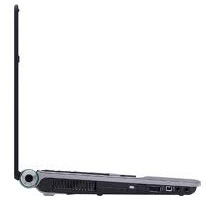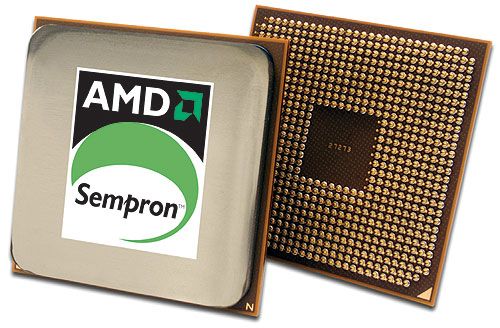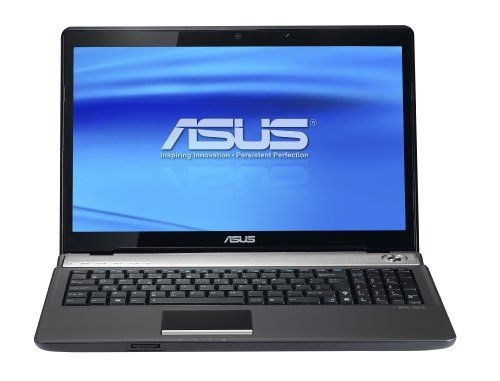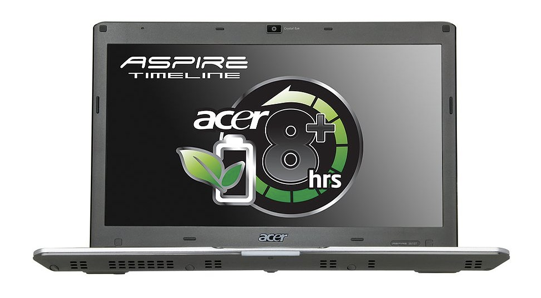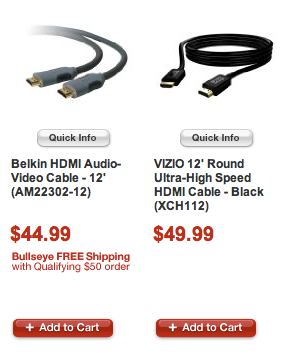You're ready. You've read, researched, poked, prodded, and are now armed to the teeth with technical information. It is time to set foot onto the field of battle and claim a great laptop deal for your own. You will buy, you will save, and you will be victorious.
Ah, but not so fast! You may have read a great deal about what to look for when buying a laptop computer, but you may not know what to avoid. This is at least as important, as there are a surprisingly large number of landmines throw in the path of consumers.
Just Say No To Single Core Processors
You opened up the Wal-Mart advertisement and - my God! They have a laptop for just $200. You rush out the door, buy it, and bring it home. All is well until you open Windows Task Manager and see just one graph bobbing along, spiking violently whenever you open a web browser.
Multi-core processors are so common that Intel dropped the "Duo" and "Quad" names from the company's new processors entirely. Some single-core processors do still exist, however, and they're built almost exclusively for the $200 and $300 doorbuster deal laptops. Although a single-core processor is adequate for some basic tasks, it will choke on processor intensive tasks like HD video playback. Even flash-heavy webpages could prove challenging.
Laptops with AMD processors almost always boast the number of cores the processor contains with a "X2" or "X4" label. This label is only forgotten when the laptop has a single-core processor. Intel no longer has a quick-and-easy label, but the majority of single-core Intel laptops sold use a processor called the Intel Celeron 900.
Note that netbooks are an exception to this - it's OK for them to have single core processors. The performance will be poor, but speed isn't a netbook's niche.
Watch Out For Big Terrible Displays
Laptops are great, but they have disadvantages compared to desktop computers. For example, you cannot upgrade components that are easily switched out on a desktop. The display, for example, can't be changed. This means it is important to check a laptop's display quality before buying.
Open a text document or all-white web page and take a close look at the display. Can you see small lines that appears to cross the display both vertically or horizontally? This is known as the "screen door effect." It's surprisingly common on modern laptops, and can be annoying.
Also take a look at the display resolution and compare that to the display size. Most 15.6" laptops sold today have a resolution of 1366x768. That's not great, but it's acceptable. However, there are some laptops now sold with 16"+ displays that have this same resolution. This often results in large pixels and sub-par image quality.
Don't Believe Manufacturer Battery Life Claims
If you walk into your local Best Buy you'll be hard pressed to find laptops that offer less than three hours of battery life. The only ones that are labeled with two hours or less are gaming laptops. The same is true if you search laptops online. You'll even run into some laptops that offer ten hours of battery. Sounds great, right?
There's just one small problem - those claims are exaggerated. There is no agreed-upon industry standard for testing battery life, so laptop manufacturers can advertise anything they manage to obtain, no matter how (un)realistic the conditions were.
My advice? Simply assume that laptops will be able to obtain 75% of the battery life claimed. That's in light usage - if you're intending to watch video or run any processor intensive application you can expect battery life to be half the claimed amount.
Leave Extended Warranties On The Sales Floor
The extended warranty plays upon the fear that occurs whenever a person shells out a lot of money for a product. Even a $500 laptop is nothing to sneeze at, and a $1000 laptop may be a substantial portion of a person's yearly income. It's easy to succumb to the pressure of the salesperson pitching the warranty to you. "Hey," they'll say, "this will protect you if something goes wrong. What if you spill a drink on your laptop?"
It's true - disasters occur. However, the statistical rate of disasters isn't high. Warranty company Squaretrade has found that the three-year failure rate of a laptop (including both accidents and hardware failure) was just over 30%. And remember - in three years your laptop will be woefully outdated. You may be wanting a new one anyway.
Extended warranty service isn't prompt, either. Although some companies are better than others, most companies try very hard to find a reason not to honor an extended warranty. Even if the warranty is honored, your laptop may need to be sent away for repairs, a process that can take weeks. Does that sound like it's worth $150 to $300 to you?
No, You Don't Need That Accessory
Another common sales tactic that trips up laptop buyers is the bundled accessory. It's incredibly common for a store to offer extras as part of a laptop deal. These can include everything from USB and HDMI cables to printers and external hard drives. The store makes these offers attractive buy listing huge discounts of 50% or more.
What the stores don't tell you, of course, is that the original price of the item was absurd. HDMI cables are the most famous example, and one relevant to laptops now that most come with HDMI-out. Stores often sell HDMI cables for $50 to $100, nevermind the fact that great cables can be purchased online for $5 or less. You don't need to be a rocket scientist to figure out that 50% off a $100 HDMI cable is still a terrible deal.
Conclusion
Buying a laptop computer can be a great experience, but you always need to be careful. It would be nice if manufacturers didn't exaggerate claims, and it'd be great if sales representatives always directed customers to laptops that are truly the best. This is not the case, however - you need to stay informed to obtain the best deal.
Did we miss anything out? Is there something else we should bear in mind when buying a laptop computer? If so, let us know in the comments.

